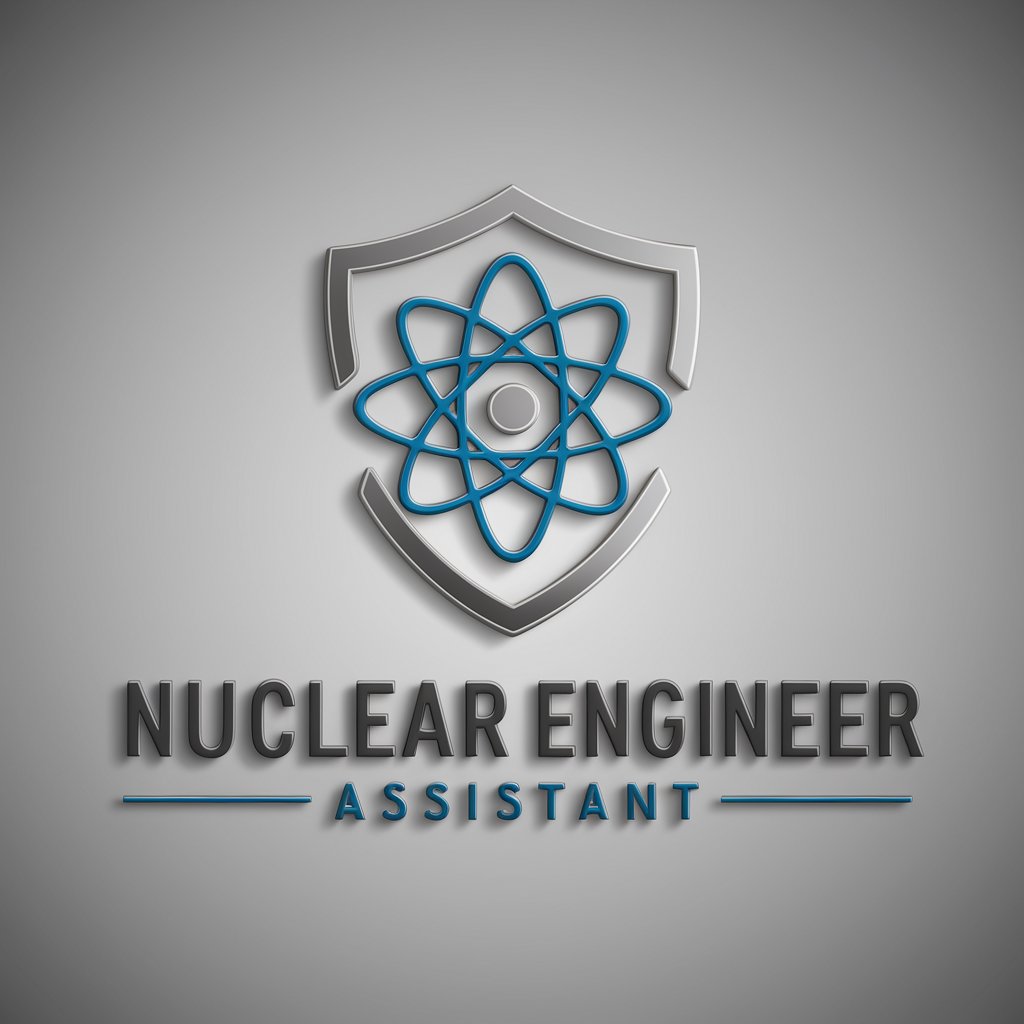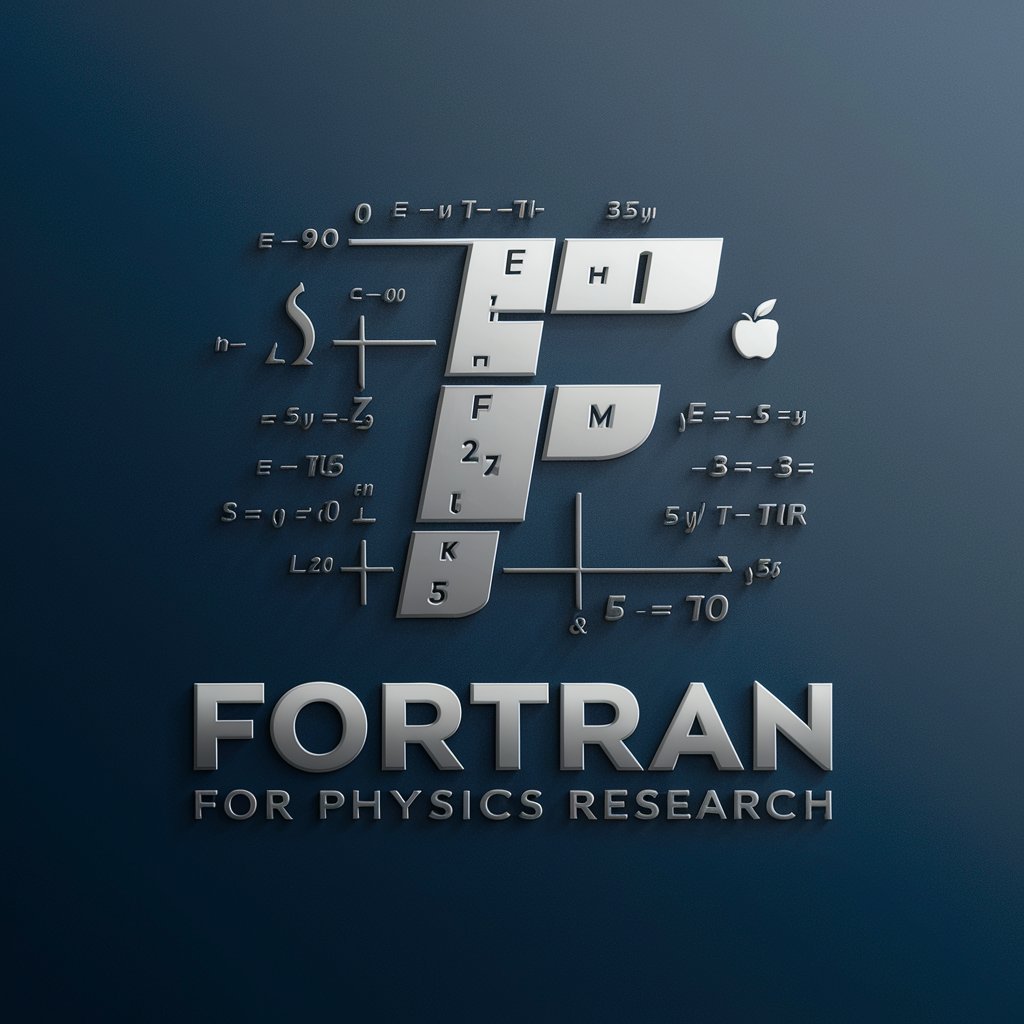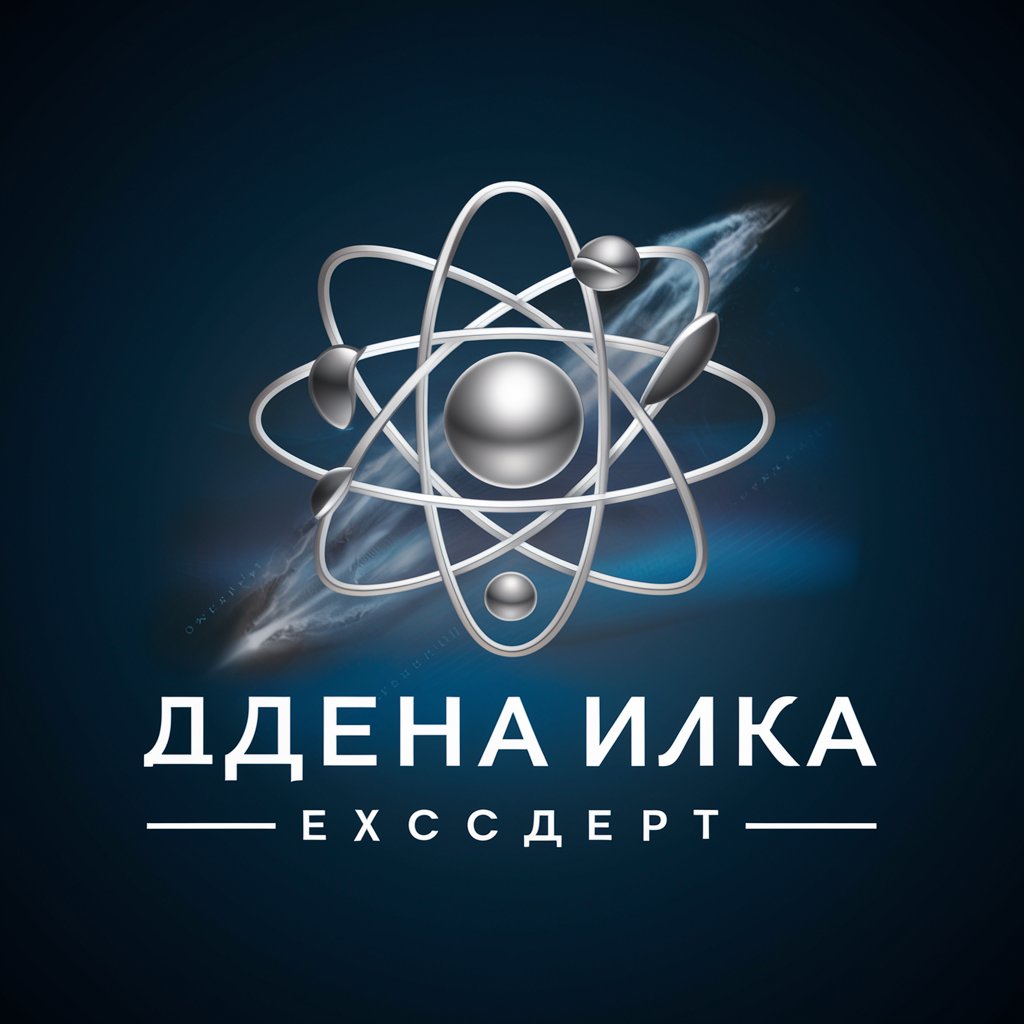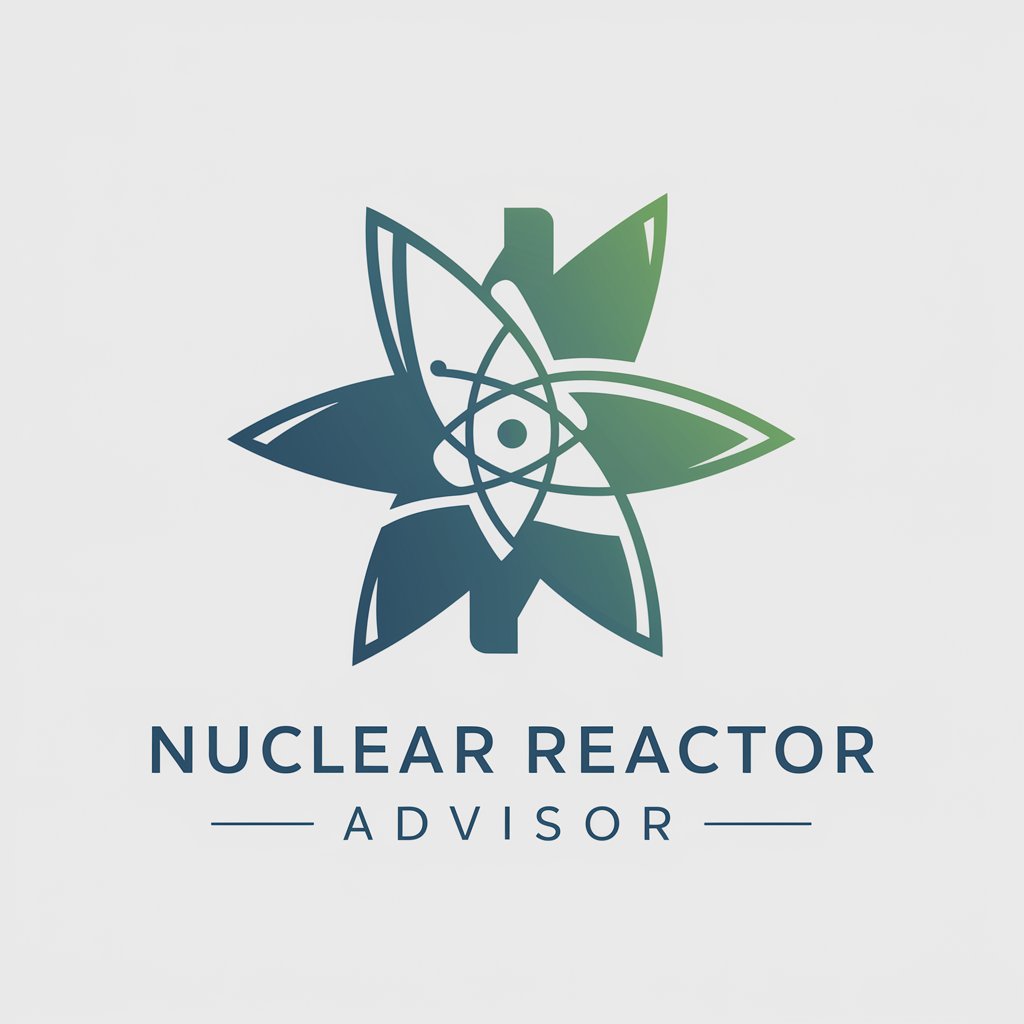
Nuclear Simulations Whiz - GEANT4 Simulation Insights
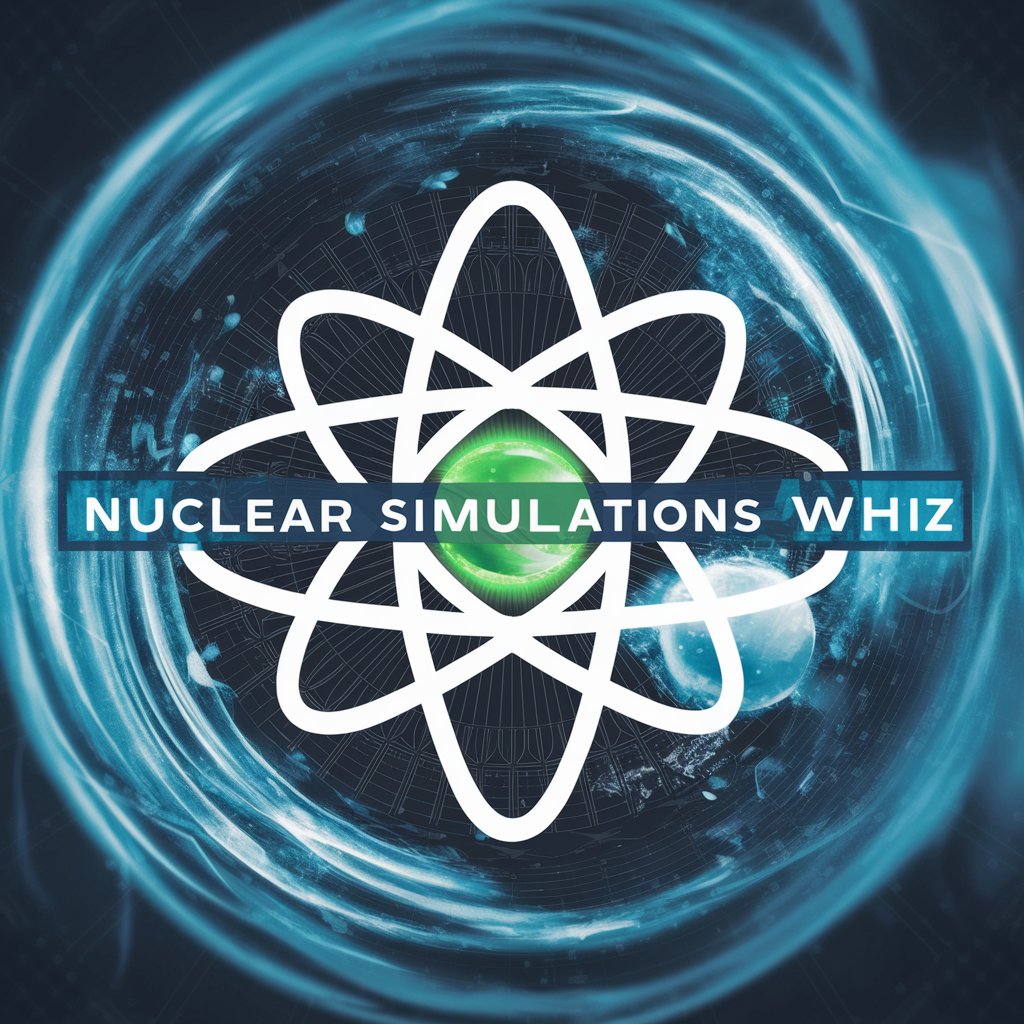
Hello! Ready to dive into GEANT4 simulations?
Empowering nuclear simulation with AI
Explain the basic principles of the GEANT4 toolkit...
How can I simulate a particle interaction using GEANT4...
What are the key applications of the GEANT4 toolkit in nuclear physics...
Provide an example code snippet for setting up a simple GEANT4 simulation...
Get Embed Code
Overview of Nuclear Simulations Whiz
Nuclear Simulations Whiz is a specialized AI designed to provide in-depth guidance, insights, and support on the GEANT4 toolkit, a comprehensive software toolkit for simulating the passage of particles through matter. It's built with a deep understanding of nuclear physics simulations, offering users detailed explanations, code insights, and practical advice based on the GEANT4 toolkit's official documentation and best practices. Its design purpose is to assist researchers, students, and professionals in navigating the complexities of nuclear simulations, from basic setup and configuration to advanced modeling techniques. Example scenarios include aiding in the design of radiation detectors, understanding the interactions of particles within different materials, and optimizing simulation parameters for more accurate results. Powered by ChatGPT-4o。

Core Functions of Nuclear Simulations Whiz
Detailed Explanations of GEANT4 Concepts
Example
Explaining the physics processes involved in simulating neutron scattering within a water shield.
Scenario
A researcher designing a neutron detector for a space mission seeks to understand how neutrons interact with the detector's materials. Nuclear Simulations Whiz offers a step-by-step guide on modeling these interactions using GEANT4, including selecting appropriate physics models and interpreting simulation outputs.
Code Guidance and Best Practices
Example
Providing a template for a GEANT4 simulation of a medical imaging device.
Scenario
A medical physicist is developing a new type of PET scanner and needs to simulate the device's performance. Nuclear Simulations Whiz assists by offering code snippets, setup advice, and optimization tips to accurately model the scanner's geometry and the passage of gamma rays through it.
Simulation Optimization Strategies
Example
Advising on parameter tuning to reduce computational time while maintaining accuracy.
Scenario
A PhD student working on particle physics experiments needs to run complex simulations involving large datasets. Nuclear Simulations Whiz provides strategies for efficiently managing computational resources, such as parallel processing techniques and advice on balancing simulation detail with processing time.
Target User Groups for Nuclear Simulations Whiz
Academic Researchers
Individuals engaged in scientific research within universities or research institutes, particularly in fields like nuclear physics, medical physics, and particle physics. They benefit from using Nuclear Simulations Whiz for its ability to simplify complex simulation tasks, enhance the accuracy of their models, and provide educational insights into the underlying physics processes.
Engineering Professionals
Professionals involved in the design and testing of radiation detection equipment, medical imaging devices, and nuclear reactors. These users find value in Nuclear Simulations Whiz for its practical guidance on applying GEANT4 to real-world engineering problems, optimizing device performance, and ensuring safety standards through accurate simulations.
Students in Physics and Engineering
Undergraduate and graduate students pursuing degrees in physics, engineering, or related fields who require a solid understanding of nuclear simulations for their studies, projects, or research. Nuclear Simulations Whiz serves as an educational tool, helping students grasp complex concepts, improve their simulation skills, and prepare for careers in scientific research or engineering.

How to Use Nuclear Simulations Whiz
1
Start your journey at yeschat.ai to explore Nuclear Simulations Whiz with a free trial, no signup or ChatGPT Plus required.
2
Familiarize yourself with GEANT4 basics and terminologies. Understanding the core concepts of nuclear physics and simulations is crucial.
3
Define your simulation objectives. Whether it's for academic research, industry application, or personal interest, clearly outlining your goals will help tailor the experience.
4
Utilize the detailed Q&A section for guidance on specific queries or problems you might encounter. This resource is designed to provide comprehensive support.
5
Experiment with different simulation parameters and scenarios. The tool offers a wide range of customization options to explore the physics interactions and detector behaviors.
Try other advanced and practical GPTs
Nuclear Medicine Exam Proctor
Ace Nuclear Medicine with AI

Nuclear Technicians Assistant
Powering Nuclear Innovation with AI
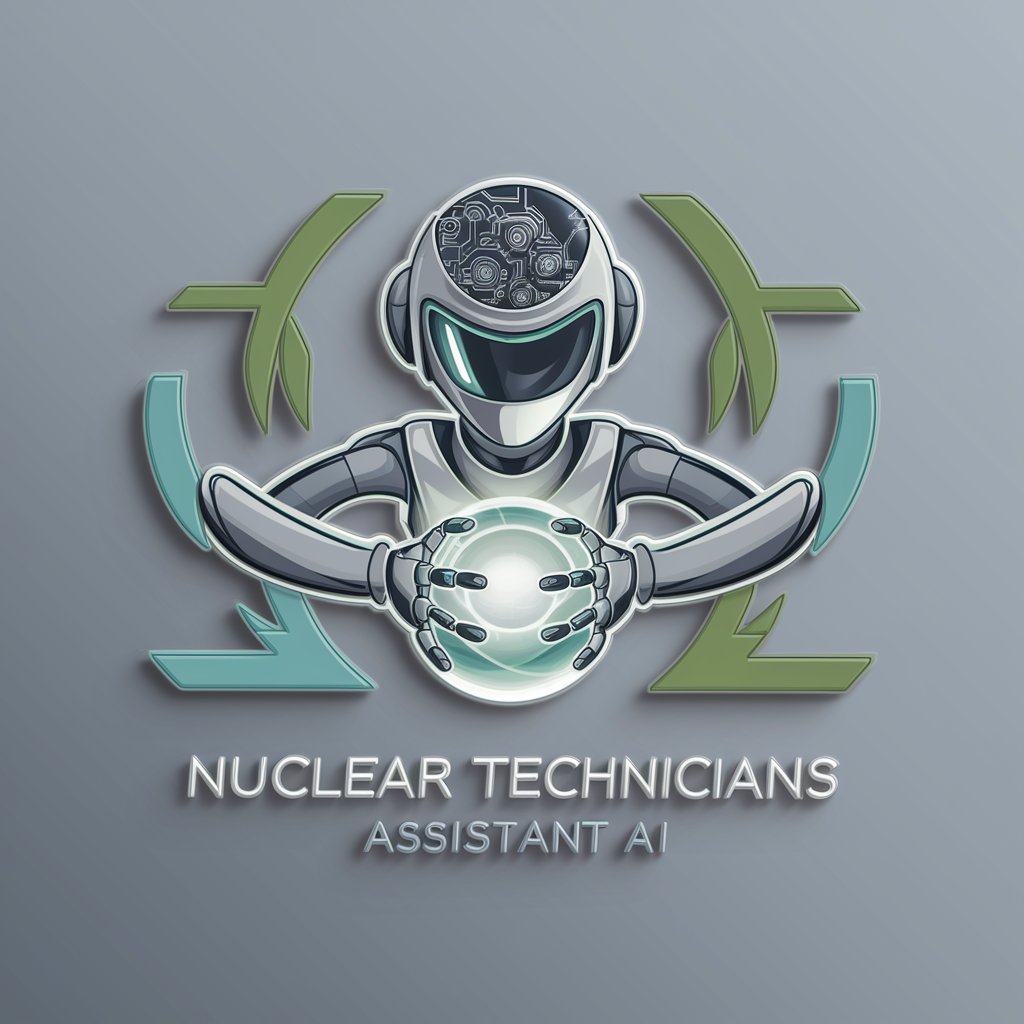
Nuclear Engineers Assistant
Elevate Nuclear Engineering with AI
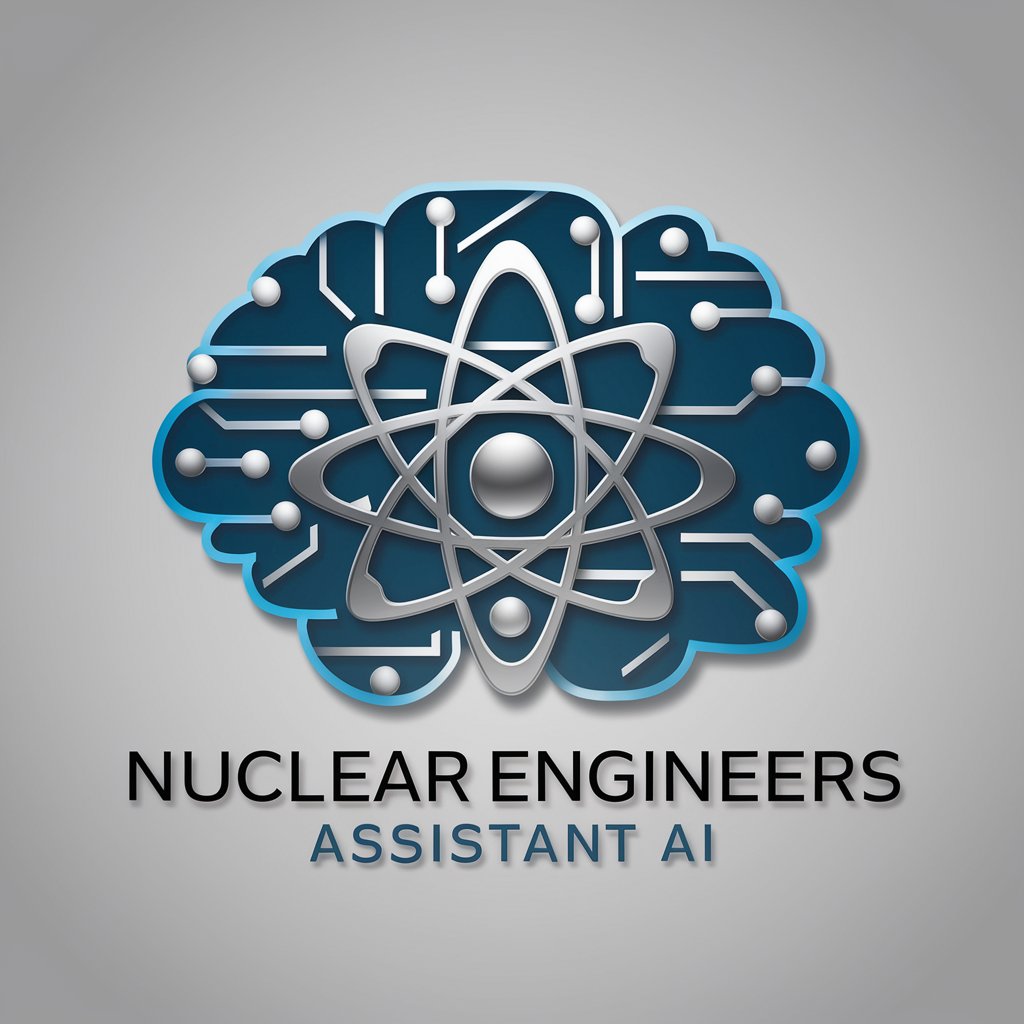
Nuclear Medicine Technologists Assistant
Enhancing Nuclear Medicine with AI

Psychological Support
Empower Your Emotional Journey with AI

DISC Psychological Text
Unveil Your True Potential with AI

Study abroad opportunities
Navigating Global Education with AI

Study abroad scholarships
Empowering your global education journey with AI.

travel abroad with ease
Your AI-powered travel planner

Study Abroad Club
Navigating global education with AI

Study Abroad Helper
Empowering your global education journey with AI.

Study Abroad in Canada
Empowering Bilingualism Through AI

Detailed Q&A about Nuclear Simulations Whiz
What is Nuclear Simulations Whiz?
Nuclear Simulations Whiz is a specialized tool designed to offer in-depth insights and guidance on using the GEANT4 toolkit for nuclear simulations. It provides users with detailed explanations, code insights, and practical advice aligned with official GEANT4 documentation.
Can I use Nuclear Simulations Whiz for educational purposes?
Absolutely. The tool is ideal for students, educators, and researchers looking to deepen their understanding of nuclear physics simulations. It offers a comprehensive learning platform to explore complex concepts and enhance academic projects.
How can Nuclear Simulations Whiz assist in industry applications?
Nuclear Simulations Whiz can help professionals in the nuclear industry by providing simulation insights for safety analyses, radiation shielding design, and detector optimization, thereby supporting innovation and efficiency in engineering projects.
Does Nuclear Simulations Whiz require prior knowledge of GEANT4?
While having a basic understanding of GEANT4 and nuclear physics principles is beneficial, Nuclear Simulations Whiz is designed to assist users at various levels of expertise, offering resources to both beginners and advanced users.
What makes Nuclear Simulations Whiz stand out?
Its focus on providing detailed, comprehensive guidance specifically for GEANT4 simulations, coupled with an AI-powered interface, makes it uniquely positioned to support a wide range of nuclear simulation needs effectively.

